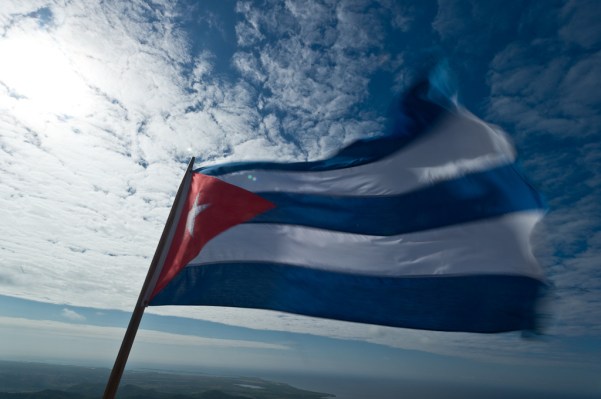The U.S. and Cuba are easing their diplomatic relations, the White House is announcing today, marking a relaxation of a relationship that has remained tense since the Cold War. Part of that easing will include “new efforts to increase Cubans’ access to communications and their ability to communicate freely,” according to information shared by the White House about the scope of the planned diplomatic changes and published in the Wall Street Journal.
Here’s what that entails, in practice: The U.S. will be able to export consumer devices (including likely smartphones), software, apps and hardware for the creation of improved infrastructure to allow for telecommunications services to be established, updated and improved. Telcos will also be allowed to set up networks for both traditional commercial voice and text, as well as internet services in a bid to make it easier for the U.S. to communicate with Cuba and vice versa.
If you’ve ever travelled to Cuba, you might already be aware that Internet connectivity is quite limited in the country – this is not a nation with coast-to-coast cell service, and often connectivity is limited to speed-limited wired connections at central hubs, where network reliability is questionable.
The U.S. paving the way for improved connectivity has tremendous potential ramifications for locals, visitors and ex-pats alike, in terms of the improvements it might allow for things like day-to-day communication among family members, as well as to ease the progression of improving other kinds of trade and diplomatic relations in general.
